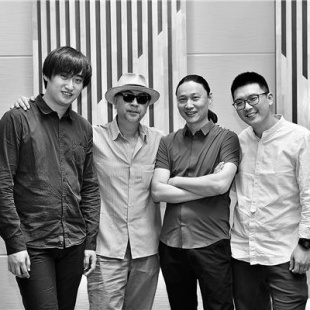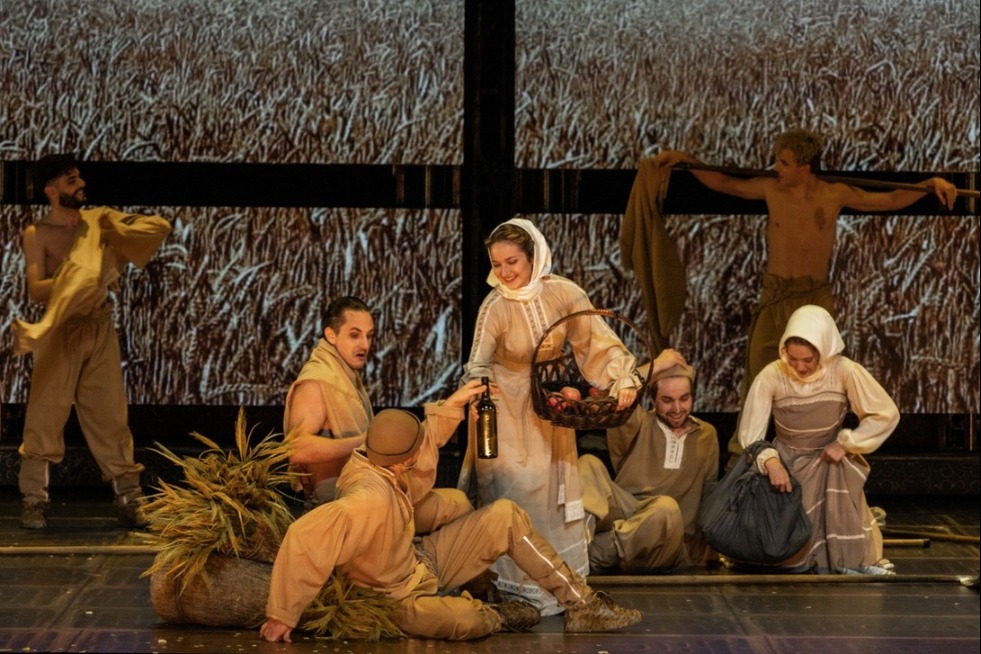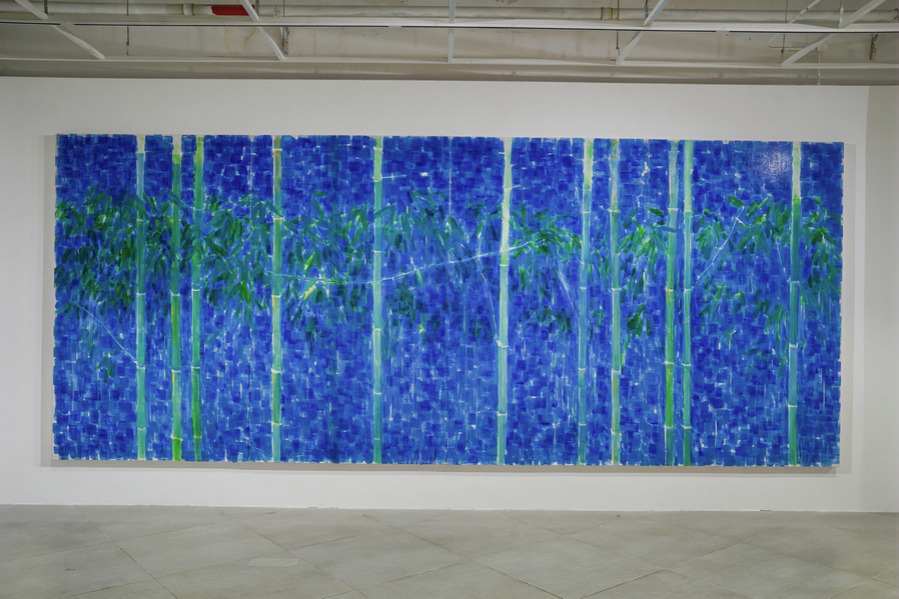Embracing all that jazz


Liu recalls vividly that for a long time, he couldn't name the work. Several years ago, when he performed during the Beijing Nine Gates Jazz Festival — one of the bigger such events in the country — Liu introduced the piece, saying that it didn't yet have a name and encouraged the audience to help him come up with one.
"Right after my performance, an elderly man walked up to me, telling me that he had a name for the piece — In Your Arms. I loved the name and decided to adopt the title immediately. I didn't ask him why he thought it should be named that. I guess that the piece brought him warmth and the feeling of missing someone," says Liu.
Apple Pie was written by Liu many years ago, and was featured in his debut album, China Girl, in 2011. Yellow Earth was inspired by the devastating earthquake in Wenchuan in 2008, in Southwest China's Sichuan province, and Liu imbued the piece with folk music elements of the remarkably high-pitched xintianyou songs from Northwest China's Shaanxi province.
As for Love of Bajie, Liu portrays a mysterious and surreal picture about the slow-witted and clumsy Zhu Bajie, one of the three animal spirits, portrayed in the classic Chinese novel Journey to the West, who, as part of his entourage, accompanies the Buddhist monk Xuanzang on his journey to India in search of sacred scrolls.
"Some of the pieces took me only 10 minutes to finish, while some took me weeks, or even months. It usually starts with a simple idea, either a melody or a concept, and then I try to develop it into a complete piece. It takes time for the piece to grow, and the best way to do that is through live performances," says Liu, when asked about his songwriting process. "When I perform a piece live, the concept grows, which is natural, and eventually, the composition completes itself."
Born in Beijing, Liu learned to play liuqin and pipa, both traditional, plucked musical instruments, in childhood. As a teenager, he started to play guitar. He studied bass at the Central Conservatory of Music in Beijing and after graduation, he joined the China Broadcasting Chinese Orchestra, which allowed him to learn and enjoy traditional Chinese music.





































